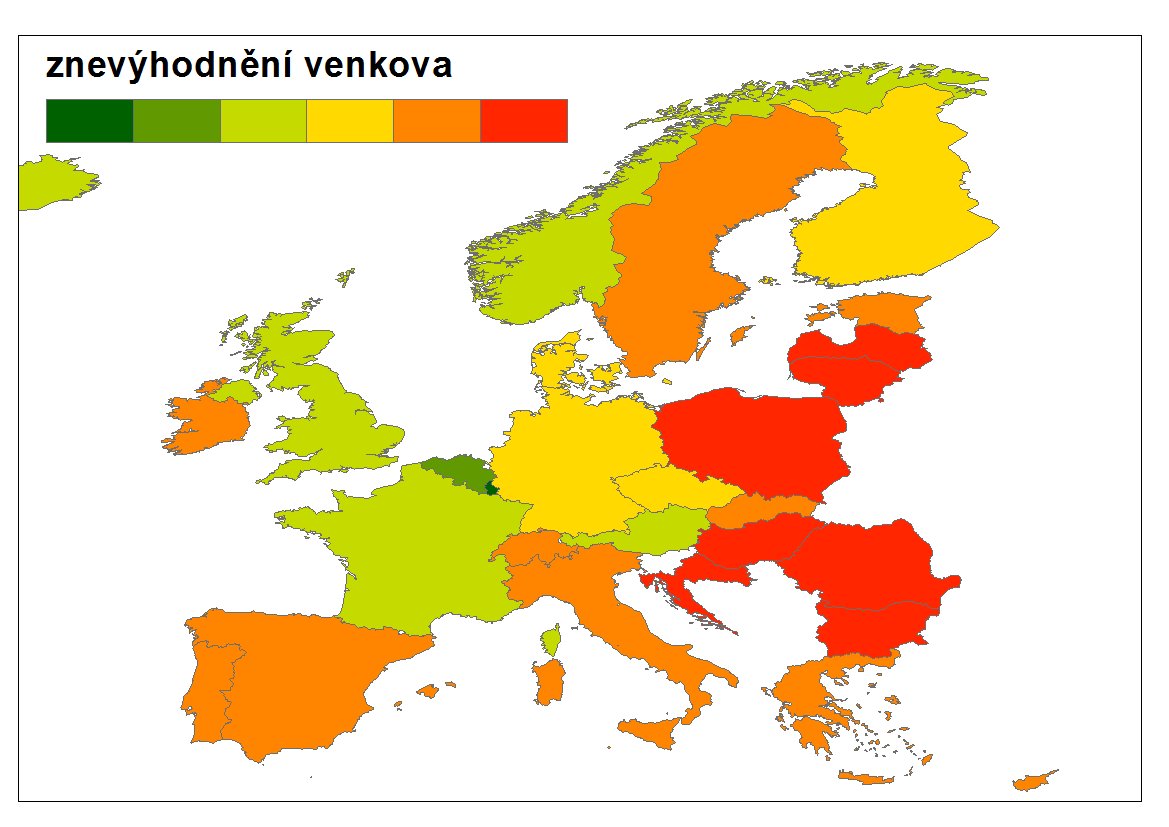Bernard, Josef. 2019. „Where Have All the Rural Poor Gone? Explaining the Rural–Urban Poverty Gap in European Countries“. Sociologia Ruralis. 59 (3): 369-392. ISSN 0038-0199. Available from: https://onlinelibrary.wiley.com/doi/10.1111/soru.12235
This article contributes to explanations of rural poverty and deprivation by focusing on the rural–urban poverty and deprivation gap in European countries. Using European Union Statistics on Income and Living Conditions data, it confirms, convincingly, the limited validity of the argument for universally increased poverty and deprivation levels in rural areas in Europe, and demonstrates that the disparities are related to four theoretically elaborated factors: increased rural poverty can be observed in countries with lower rural population densities, in countries with a higher proportion of farmers, in post‐socialist transition countries, and in countries with generally lower economic development levels and decreased living standards. In particular, national economic development appears to be the essential factor behind rural disadvantage. Three interrelated negative processes have been revealed in the countryside of poor European countries: an increased concentration of low‐resource households, a higher poverty risk to these households, and additional poverty‐enhancing effects that operate independently of household resources. These direct rural effects are strongly conditioned by the national economic advancement and related urbanisation processes.
Authors
Department
Topics
Economy, City and Village, Regions, Social Inequalities
